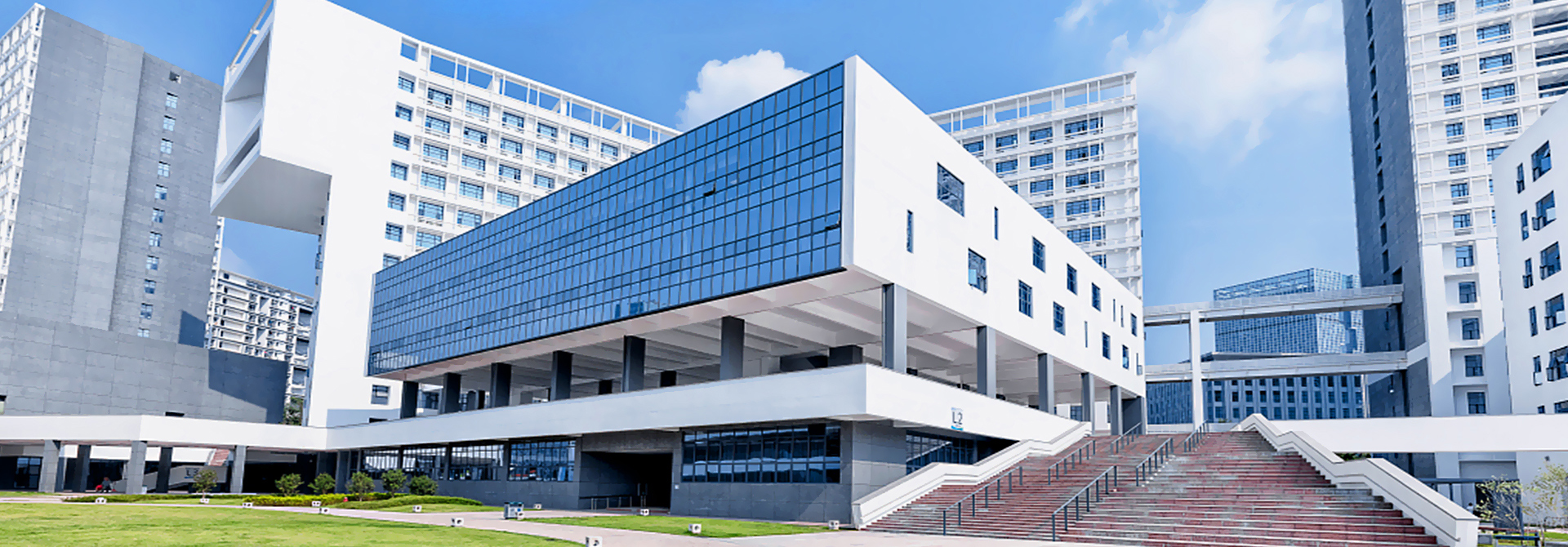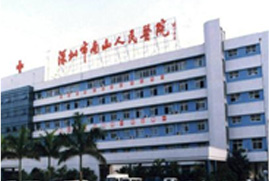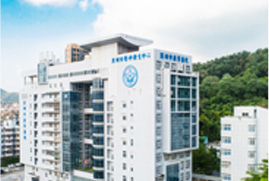School of Psychology Shenzhen University
In 2015, Shenzhen University merged the erstwhile Psychology Department of the Normal College (inaugurated in 2006) with the social work program from the Law School to establish the School of Psychology and Society. It was later renamed the School of Psychology in December 2018, marking the beginning of a remarkable trajectory. The school has since achieved notable rankings: 16th in the 2023 Shanghai Soft Science Best Subjects list, 5th among mainland Chinese institutions, and within the 301+ bracket globally in the Times Higher Education Subject Rankings. Its US-News discipline ranking places it 17th in China and 306th worldwide. Backed by disciplines like "Neuroscience & Behavior" and "Psychiatry & Psychology," which feature in the top 5‰ globally according to ESI globally, the school's prowess is further solidified.
The "Psychology" undergraduate program was designated a national first-class construction point in 2019, indicative of its high standard. The school offers a comprehensive education pipeline, encompassing doctoral and master's degrees in first-level psychology, a master's in applied psychology, undergraduate studies in psychology, postdoctoral positions, and a holistic talent cultivation framework.
Focusing on four key areas—cognitive neuroscience, emotional and health psychology, developmental and educational psychology, and psychometrics and application—the School of Psychology at Shenzhen University continues to flourish, affirming its status as a leading institution in psychological education and research.
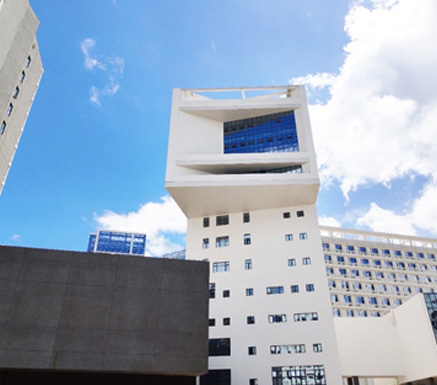
 Objectives
Objectives 
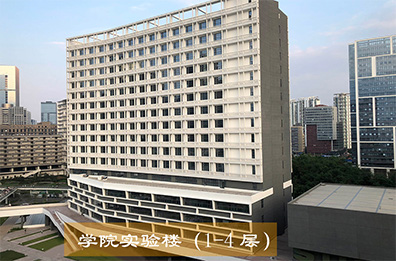
Guided by the principle of "harmonizing integration and specialization," the discipline is firmly committed to the national "brain initiative," attentively responding to societal demands. With a keen focus on breakthroughs in understanding and treating brain and cognitive disorders, promoting mental health, and integrating artificial intelligence into psychological research, it capitalizes on the strategic location within the Greater Bay Area (spanning Guangdong, Hong Kong, and Macao) to facilitate knowledge translation. By engaging in public education initiatives, professional training programs, and forging alliances with industries, the discipline strives to apply its scholarly achievements in real-world contexts. This multifaceted approach aims to elevate the discipline to a distinguished status, recognized both nationally and internationally for excellence in psychology.
 Faculty
Faculty 
The school has assembled a team of educators with a balanced age structure and exceptional professional backgrounds. It has 53 full-time teachers, comprising 12 full professors, 18 associate professors, and 23 associate professors. These dedicated educators have graduated from renowned institutions such as Peking University, Beijing Normal University, the University of Chinese Academy of Sciences, the Chinese University of Hong Kong, UCLA, the University of Bristol, Kyoto University, the University of Groningen, the University of Manchester, among others, displaying diverse disciplinary expertise in psychology, education, cognitive neuroscience, biomedical engineering, and computer science.
96% of faculty hold a Ph.D. degree, 57% possess senior professional titles, and 60.3% have international educational or visiting experiences. The teaching team includes 3 national high-level talents, 3 Pearl River Scholars and promising young talents under the Pearl River Talent Plan, 1 distinguished professor under the Pengcheng Scholars program, 1 recipient of the Shenzhen Outstanding Young award, in addition to over 30 other high-level talents in Shenzhen.
-
53人
专任教师
-
12人
教授
-
18人
副教授
-
51人
博士学位
-
96%
博士学位教师
 Talent Cultivation
Talent Cultivation 
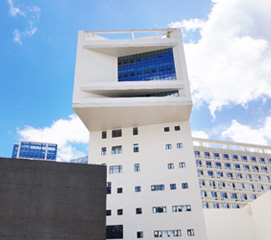
Our aim is to cultivate well-rounded and innovative professionals who possess a solid foundation in psychology theory and are capable of practical application or further specialization in related fields. We strive to establish a leading undergraduate and graduate education system in China, serving national needs and particularly the social demands of the Guangdong-Hong Kong-Macao Greater Bay Area. Our goal is to develop a psychology talent training system that aligns with the international status of Shenzhen. Currently, we have 800 enrolled students, including 467 undergraduates and 333 graduate students.
 Academic Discipline
Academic Discipline 
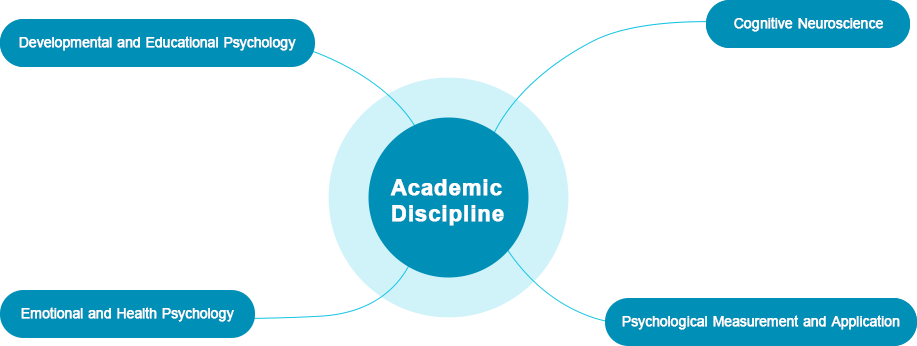
 Strengths and Distinctive Features
Strengths and Distinctive Features 
Within the established four areas of study, the institution has further honed and refined its research focus, crystallizing key research areas such as children's brain function & cognitive development, emotional & social development in children, developmental cognitive neuroscience, adolescent psychological development & education, and elderly psychological development & rehabilitation. Notable characteristics include:
-
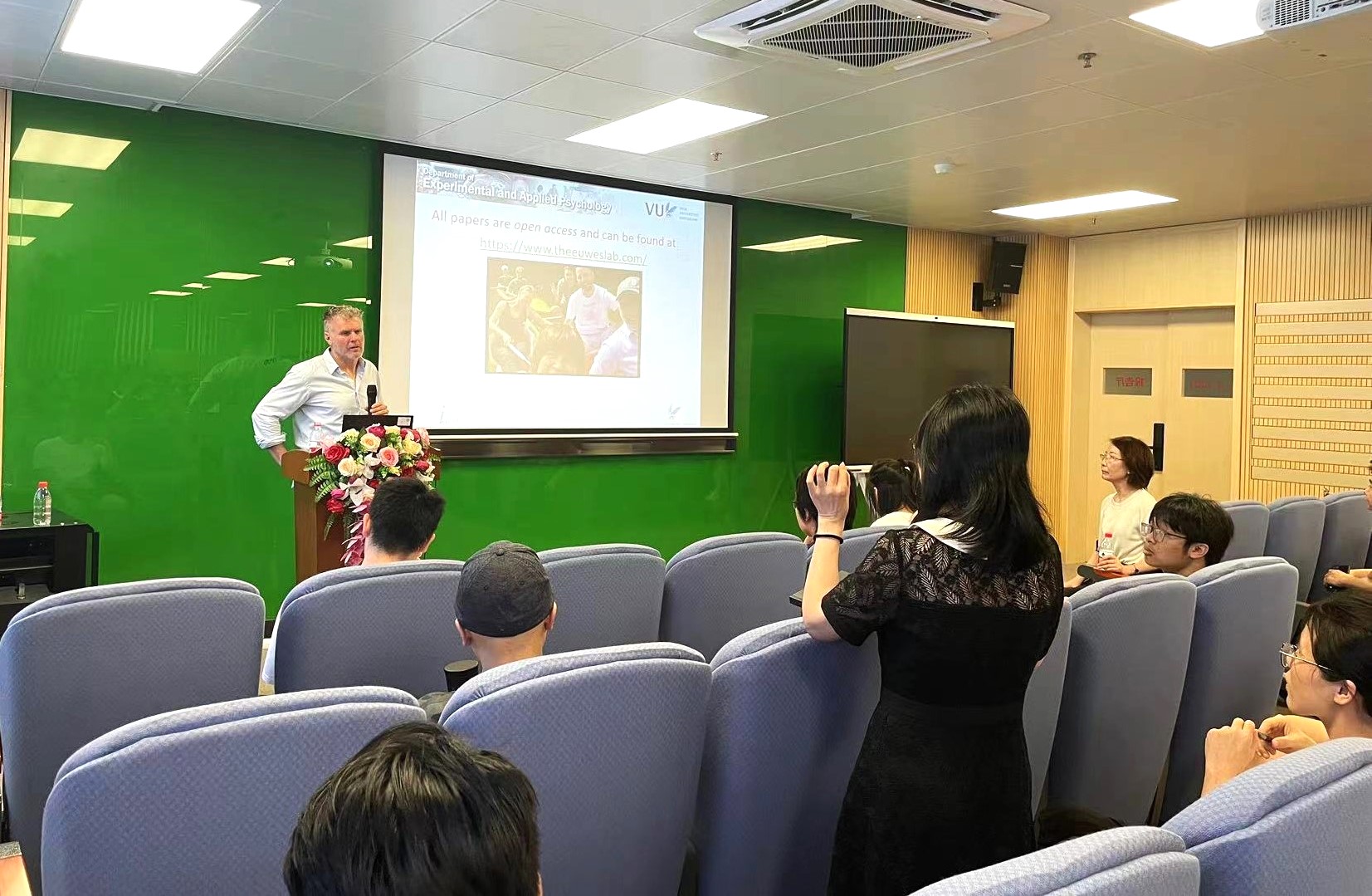 1
1Versatile Behavioral Research: This encompasses investigations into the reasoning capabilities of Chinese children and the factors that shape them, the educational progress and growth of adolescents within primary and secondary education, along with the exploration of mild cognitive decline in seniors and the acquisition of new skills by the elderly population.
-
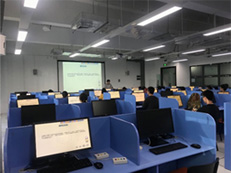 2
2Advanced Neuroscience Endeavors: The school has intensified its neuroscience research, engaging in pioneering global studies that probe the interplay between cognitive advancement, brain structure, and functionality. It also meticulously explores the effects of cognitive training on brain adaptability and plasticity, covering a wide spectrum from typically developing children to those experiencing developmental disabilities.
-
 3
3Bolstered Global Partnerships: The school has instantiated platforms like the China-Canada Lab for Human Brain and Cognitive Development and the Joint International Lab for Child Development and Health Collaboration, cementing robust cooperative ties with prestigious universities worldwide, including the University of Cambridge, Harvard University, Leiden University in the Netherlands, Lyon 1 University in France, the University of Groningen, Netherlands, and the City University of New York, USA. These ventures significantly amplify international research cooperation and exchange.
 Academic Results
Academic Results 
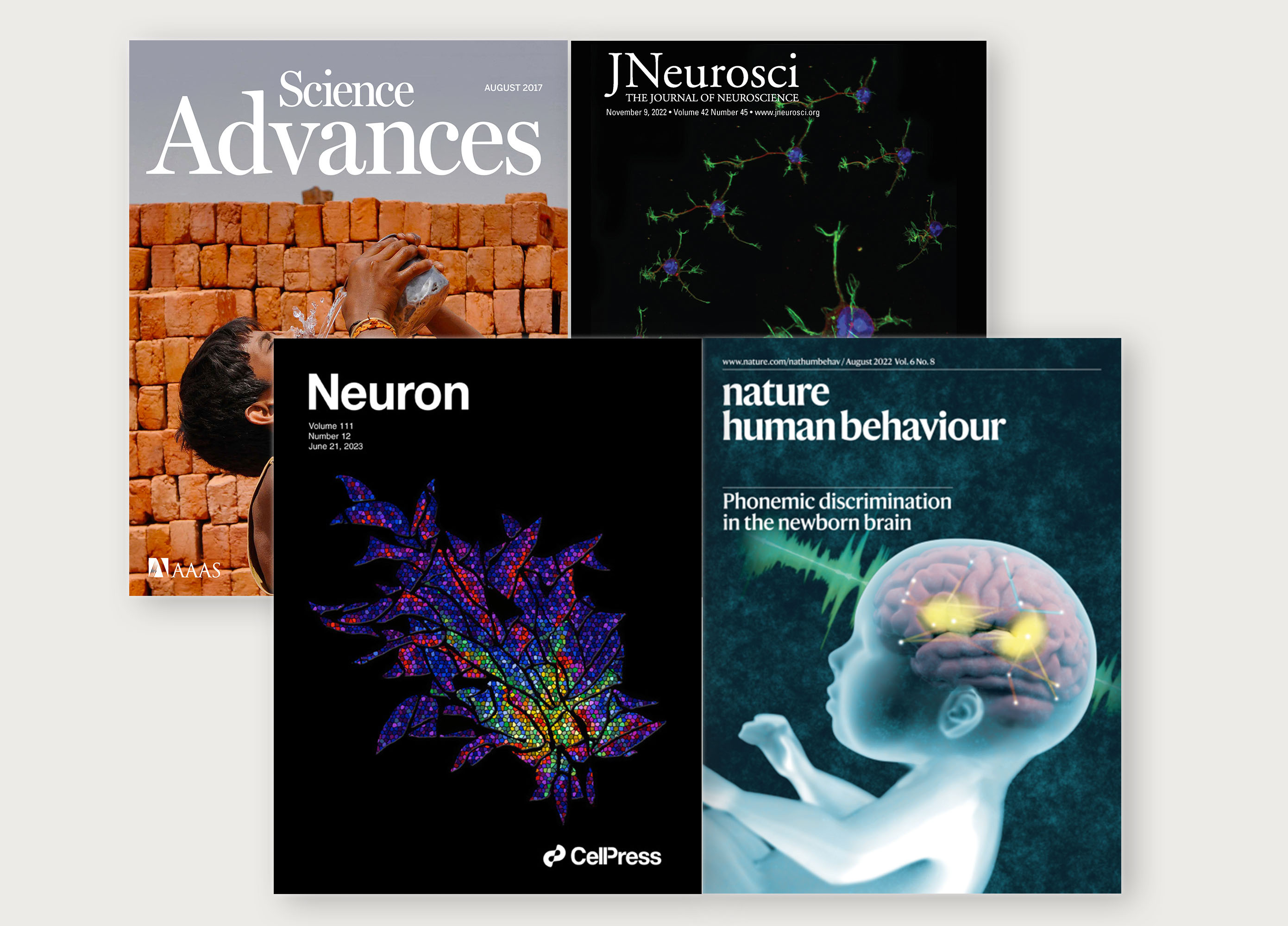
Since its establishment in 2015, the School of Psychology has secured approval for over 160 scientific research projects, including 133 longitudinal studies (74 national, with 2 being key national natural projects; 39 provincial and ministerial level projects, and 22 Shenzhen-level projects), totaling nearly 150 million yuan in funding. Noteworthy endeavors include leading the Shenzhen-Hong Kong Innovation Research Institute of Brain Science project on the Development Mechanism and Evaluation of Language, Emotion, and Cognitive Disorders under Guangdong Province's key research and development program, with a project fund exceeding 30 million yuan. Additionally, the school has been granted recognition as the Shenzhen Key Laboratory of Emotion and Social Cognitive Science and the Shenzhen Key Research Base of Humanities and Social Sciences.
Scientific Publications: Since 2015, over 600 high-quality papers have been published by the School of Psychology, with the authorship predominantly as the first or corresponding author. This includes 260+ SCI papers, 230+ SSCI papers, 110+ CSSCI papers, and close to 50 papers in the first district of the Chinese Academy of Sciences. Striving for excellence, these publications have appeared in prestigious international journals like Nature Human Behavior, Neuron, Nature Communication, Science Advances, and the Journal of Neuroscience.
Awards and Recognitions:1.First Prize in the Ministry of Education Technology Invention Award.2.First Prize in the Fifth National Education Science Outstanding Achievement Award.3.Second Prize in Natural Science in Guangdong Province.4.Discipline Construction Achievement Award from the Chinese Psychological Society.
 Scientific Cores & Shared Resources
Scientific Cores & Shared Resources 
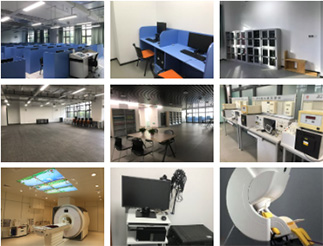
Research Platforms:The School of Psychology houses an extensive network of 47 specialized laboratories, meticulously designed to support the breadth of its teaching and research foci. These include the undergraduate Experimental Teaching Center, Brain Imaging Center, Brain Electrical Laboratory, Near Infrared Laboratory, Transcranial Magnetic Stimulation Laboratory, Sensory (Pain) Laboratory, Psycholinguistics Laboratory, Stress Laboratory, Child Development Laboratory, Movement and Brain Health Laboratory, Mindfulness Laboratory, Sleep Laboratory, and Mental Health Laboratory. The school is affiliated with key research platforms such as the Guangdong Emotion and Health Innovation Team, Shenzhen Key Laboratory of Emotion and Social Cognitive Science, Shenzhen University Brain Disease and Cognitive Science Research Center, Shenzhen University Brain Function and Psychological Science Research Center, and the Shenzhen University Child Development and Health International Cooperation Joint Laboratory. Additionally, professional committees like the Brain Electroencephalography Related Technology Committee of the Chinese Psychological Society, Guangdong Cognitive Science Society, and Shenzhen Psychological Society are associated with the School.
Instruments and Equipment:Spanning an area of 6,000 square meters, the Experimental Center is equipped with facilities amounting to 124 million yuan, comprising exceptional resources such as a Siemens Prisma 3.0T functional Magnetic Resonance Imaging (MRI) scanner, an Elekta Neuromag Triux Magnetoencephalography (MEG) unit, premium Electroencephalogram (EEG) systems fortified with advanced electromagnetic shielding, near-infrared imaging devices, integrated transcranial magnetic stimulation (TMS) and navigation systems, immersive virtual reality platforms, versatile multi-channel physiological measurement devices, and precise eye-tracking technology. These sophisticated instruments collectively offer a robust infrastructure, empowering the institution's researchers with unparalleled hardware support for their investigations.
 Internship
Internship 
The school boasts a wealth of premium internship sites that significantly bolster students' research involvement and professional growth. Presently, the Psychology practice network encompasses esteemed institutions such as Nantou Middle School, Nanshan Foreign Language School, various primary and secondary schools within the Nanshan Education Experimental Group, Shenzhen Kangning Hospital, and the Shenzhen Sixth People's Hospital. As the School of Psychology's eminence escalates alongside the escalating societal demand for mental health expertise, our internship bases are experiencing both quantitative and qualitative enhancements, ensuring students receive the finest practical experience available.

